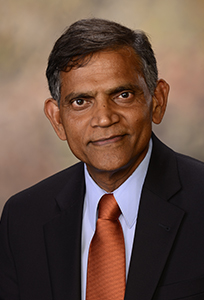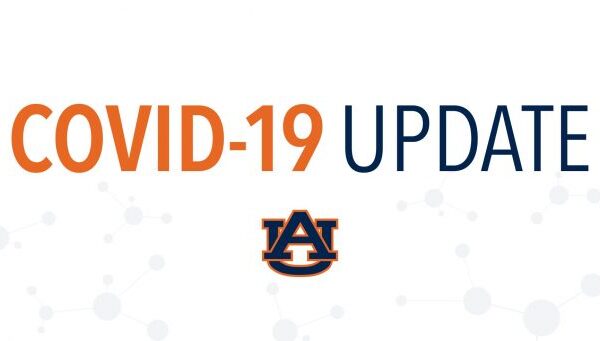
Dear Alumni and Friends,
On behalf of the faculty and staff of the School of Forestry and Wildlife Sciences, I wish to extend our well wishes for your continued good health and safety and that of your families. As you are also experiencing, the COVID-19 virus continues to bring rapid changes to Auburn University, our lives, and the way we interact with each other.
With the guidance of state and federal authorities, Auburn University has made a series of difficult decisions to protect the health and safety of our community. Last week the University announced remote operations and instruction will continue into the second session of the summer semester. The spring commencement will be postponed and combined with the summer commencement, scheduled for Aug. 8 and 9. Other programs that cannot be delayed or transitioned to online platforms will be canceled. Finally, as a result of the Governor’s stay-at-home order, the campus will be restricted for the immediate future.
We are saddened by these unprecedented circumstances and the impact this pandemic has had upon our students, the University, and its beloved traditions. However, I am proud of our faculty and staff who have adapted swiftly to these challenges to ensure our students’ continued academic progress and the forward momentum of the School’s academic, research, and outreach missions.
The coronavirus pandemic continues to challenge us as a society. The questions are many and wide-ranging: how do we slow down the outbreak, what will happen to local business in my community, how long will it take for our economy to rebound? Recently Auburn University launched a website that seeks to guide us as we navigate these uncharted waters. We invite you to take a look at how our faculty experts are stepping up to provide answers to real-world questions surrounding COVID-19.
Within the School of Forestry and Wildlife Sciences, our faculty continue their critical research to investigate the health-related interactions among people, animals, and the environment which have a profound influence on disease risk, transmission, and prediction efforts of viruses such as COVID-19. Leveraging this expertise in the School, we have also introduced a new One-Health online graduate certificate program developed to train future professionals to examine public health threats, including infectious diseases, and assess strategies for creating sustainable ecosystems within their communities.
Our faculty experts are also training tomorrow’s graduates of the Geospatial and Environmental Informatics degree program, who may someday use these technologies to coordinate logistical operations for medical aid and equipment distribution, track disease transmission, and conduct land use/cover studies that will inform management strategies to reduce the likelihood of emerging infectious disease.
We thank you for your continued support and commitment to Auburn University and the School of Forestry and Wildlife Sciences. Together, we are confident the Auburn Family will overcome these challenges and help our society to forge ahead to a brighter future.
Warmest regards,
Janaki R.R. Alavalapati, PhD
Dean, School of Forestry and Wildlife Sciences
3301 Forestry and Wildlife Sciences Building
602 Duncan Drive, Auburn University
Auburn, Alabama 36849-3418
Phone: 334-844-1004
Email: ajanaki@auburn.edu











